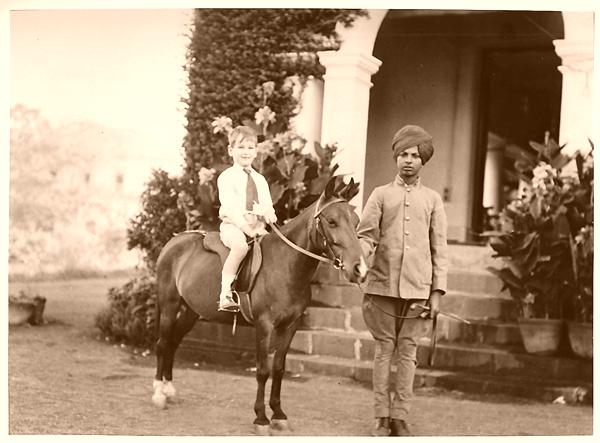The world of the twenty first century that we today inhabit, is widely thought to have left behind it the ills of colonialism. If one were to browse through the ‘UN List of Non Self Governing Territories’, one shall not find more than seventeen names in the list and most of these are small nations or island groups with relatively small populations. The website of the UN proudly proclaims that 80 former colonies have attained independence post the inception of the UN. So it’s hard to deny that colonialism as we usually think of it, is a thing of the past. But I argue that colonialism is very much prevalent in today’s world as well. How so, you may ask? So let’s begin by glancing through the definition of colonialism.
Pay close attention to two things- first, the control may only be partial and second that economic exploitation of a country by another is a significant aspect of colonialism.
The case I wish to make is that the East India Companies may have gone, but the MNCs of today backed up by the United Nations and its ancillary organisations do pretty much the same job today- influence policymaking of vulnerable nations so as to ensure political and economic gain for the MNCs and the developed nations. Though the UN claims to be an organisation committed to promoting peace, harmony and the greater good of humanity, its power structure is deeply skewed in favour of a select few nations.
What explains the disparity better than the fact that a tiny island struggling with its own economy and integrity (i.e. the UK) has a veto at the Security Council, but a resurgent nation which contains more than a seventh of the humanity within its borders (i.e. India) does not? Using this discretionary power, it is easy for the bullies of the world to go about uprooting regimes around the world not willing to toe their lines and installing their puppets in place. If some other nation takes such irresponsible actions, the Big 5 do not hesitate one bit before putting in place economic blockades and sanctions on them, but when it comes to the actions of their allies or their own, they conveniently veto any unfavourable motions on the floor of the UNSC.
India had sanctions put on it for a long time just because it went ahead with the nuclear tests and did not meekly sign the NPTP. But the US and Russia hold enough nuclear weapons to destroy the world several times over and no one can do anything about it. When India intervened rightfully in 1971 to end the human rights abuses in Bangladesh, the US tried to threaten India by sending one of its war ships into the Bay of Bengal, but when US uprooted the Saddam regime on flimsy charges of having biochemical weapons (which have not been proven till date), nobody dared bat an eyelid.
If UNSC ensures geo-political domination for the Big 5, WTO, IMF and the likes ensure the economic aspect. In the name of free trade agreements, nations across the world are forced into opening their markets for the big MNCs to make a killing. The East India Company procured cheap cotton from India, made it into fabric and sold the same to us at inflated prices. Today McDonald’s buy potatoes from the Indian farmer at less than a rupee a kilogram and sells a handful of fries to us for anything ranging from 60-70 rupees. Both the companies route truckloads of profit back to their masters sitting across the world. At the IMF too, they say a nation holds is dependent on its contribution to the IMF’s coffers. As a result, the US alone holds some 18% of the votes and combined with Germany, Japan, France and Great Britain, this figure is closer to 40%. No wonder, when the IMF issues bail out packages for the crisis stricken nations, it arm-twists them into accepting harsh conditions which involve cutting down protectionist measures and opening up the market for foreign players.
